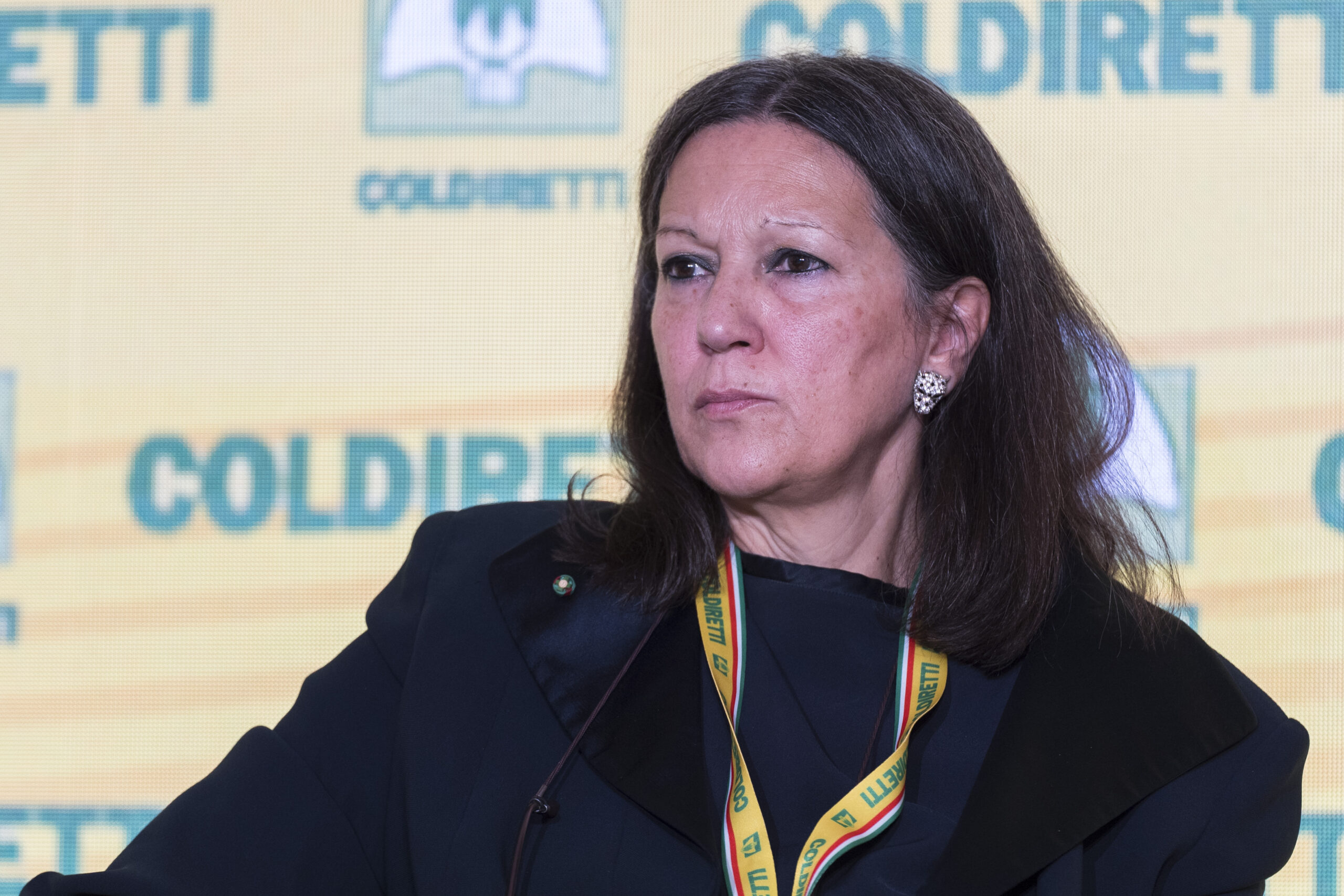Why the Antitrust is investigating Novamont’s bags

The Agcm has initiated investigative proceedings against Novamont to ascertain an alleged abuse of a dominant position in the raw materials markets for the production of lightweight plastic bags. All the details on the Guarantor's procedure
Novamont's activities ended up under the magnifying glass of the Competition and Market Authority . The hypothesis on the basis of which the investigation was started is an alleged abuse of a dominant position in the production of light plastic carrier bags “LPB”) and ultralight (very lightweight plastic carrier bags “VLPB”), compatible with Italian legislation.
The alleged violation of Article 102 TFEU in commodity markets has been perpetrated since at least 2017.
These agreements, in addition to not being in line with the legislation that protects competition, could block the emergence of alternative bioplastics, more efficient than Mater-Bi, counteracting on the one hand the development of cheaper or better eco-compatible products quality, on the other, the environmental protection objectives pursued by the European and national legislator.
WHAT IS NOVAMONT SPA AND WHAT IT DOES
Novamont – headed by the CEO, Catia Bastioli (in the photo) – is a company that operates at a national and European level in the production of bioplastics and in the development of products deriving from renewable resources. Novamont is wholly owned by Versalis, which in turn is wholly owned by ENI. The company is active in the production of bioplastics. Novamont's main product is Mater-Bi, a family of biodegradable and compostable bioplastics, then there is Origo-Bi, a family of biodegradable polyester generated in the production process of Mater-Bi, Matrol-Bi, a line of biolubricants obtained from renewable resources, Celus-Bi, a family of ingredients for the cosmetics sector made from renewable raw materials and Ager-Bi, plant protection products for agricultural use.
WHAT IS MATER BI: NOVAMONT'S FLAGSHIP PRODUCT INVESTIGATED BY AGCM
Mater Bi, Novamont's flagship product, is used in the production of shopping bags (light and ultra-light) and waste bags; agricultural products; foodservice products (cutlery, glasses, straws, plates). An important share, more than 60%, of Novamont's total turnover depends on the sale of Mater-Bi. Furthermore, more than 50% of Novamont's turnover comes from the sale of Mater-Bi to manufacturers of fruit and vegetable bags and shopping bags.
THE HYPOTHESIS OF ABUSE OF A DOMINANT POSITION: AGCM INVESTIGATES NOVAMONT
Last September the Agcm received anonymous reports on various agreements stipulated by Novamont with large-scale retail trade "which would have effectively excluded the producers of plastic bags who do not use Novamont's own raw materials", we read in the report Antitrust. According to the report, "the market of bio-compostable shopping bags (made mandatory by law) and other biocompostable products has for years been dominated in Italy by the raw material producer Novamont SpA and by a group of companies that Novamont itself has called "partners" for years. ”. […] Since the law on shoppers came into force, these packaging producers have conquered the majority of the food retail market through agreements that Novamont itself gradually made directly, then distributing the supplies to various "partner" producers divided by geographical areas […] Novamont made agreements and its "partners" produced shopping bags with the raw material that Novamont itself supplied, thus putting hundreds of small companies in the sector (which do not use Mater-bi raw material) out of action which are the crumbs of the market remain."
THE FACTS THAT THE AGCM DISPUTES IN NOVAMONT
The Agcm was able to note that the main players in the large-scale retail trade have stipulated with Novamont, at least since 2017, agreements containing exclusivity clauses which oblige these users (and the sales points linked to the purchasing centers) to supply themselves with plastic bags produced with Mater-Bi, Novamont's flagship product. For its part, Novamont would pay a fixed amount and sometimes also a variable compensation depending on the number of products purchased. “These agreements have the common factor of influencing buyers in the choice of LPB and VLPB bag converters, restricting the selection of the same only to converters who have an existing supply relationship with Novamont for the use of Mater-Bi”, the Guarantor's report continues. Furthermore, Novamont would also have concluded a series of agreements with transformers (23 companies in total), which are divided into Premium Partners and Basic Partners. “The Premium Partners are the companies that have signed the agreement for the exclusive use of Mater-Bi® on all the compostable applications they produce – writes the AGCM -, the other partners, however, “are committed to creating with Mater-Bi® is the main share of their turnover in the compostable sector".
THE NUMBERS OF THE MATERBI AFFAIR
In this case the numbers are very relevant: on average, it is more than 50% of the total demand (LPB+VLPB) and the actors who have an "exclusive or semi-exclusive raw material supply relationship represent an estimated share more than 60% of sales of plastic bags in light and ultra-light materials to large-scale retail trade".
POSSIBLE DAMAGE TO ENVIRONMENTAL PROTECTION
Environmental protection is one of the most relevant issues of national and community policy. “In addition to Novamont's Mater-Bi, there are various bioplastics capable of satisfying the national requirements for the marketing of LPB and VLPB – writes the AGCM -. The protection of an open competitive process could lead to the emergence of bioplastic products that comply with the requirements required in Italy whose production is more efficient (in terms of costs, qualitative characteristics such as resistance, etc.) and could favor, also from the point of dynamic view, the development of alternative (bio)plastics and their continuous improvement". Agreements featuring exclusivity or semi-exclusivity could limit sales of bags produced with raw materials competing with Novamont's Mater-Bi.
This is a machine translation from Italian language of a post published on Start Magazine at the URL https://www.startmag.it/economia/perche-lantitrust-indaga-sui-sacchetti-di-novamont/ on Wed, 10 Apr 2024 11:49:56 +0000.
